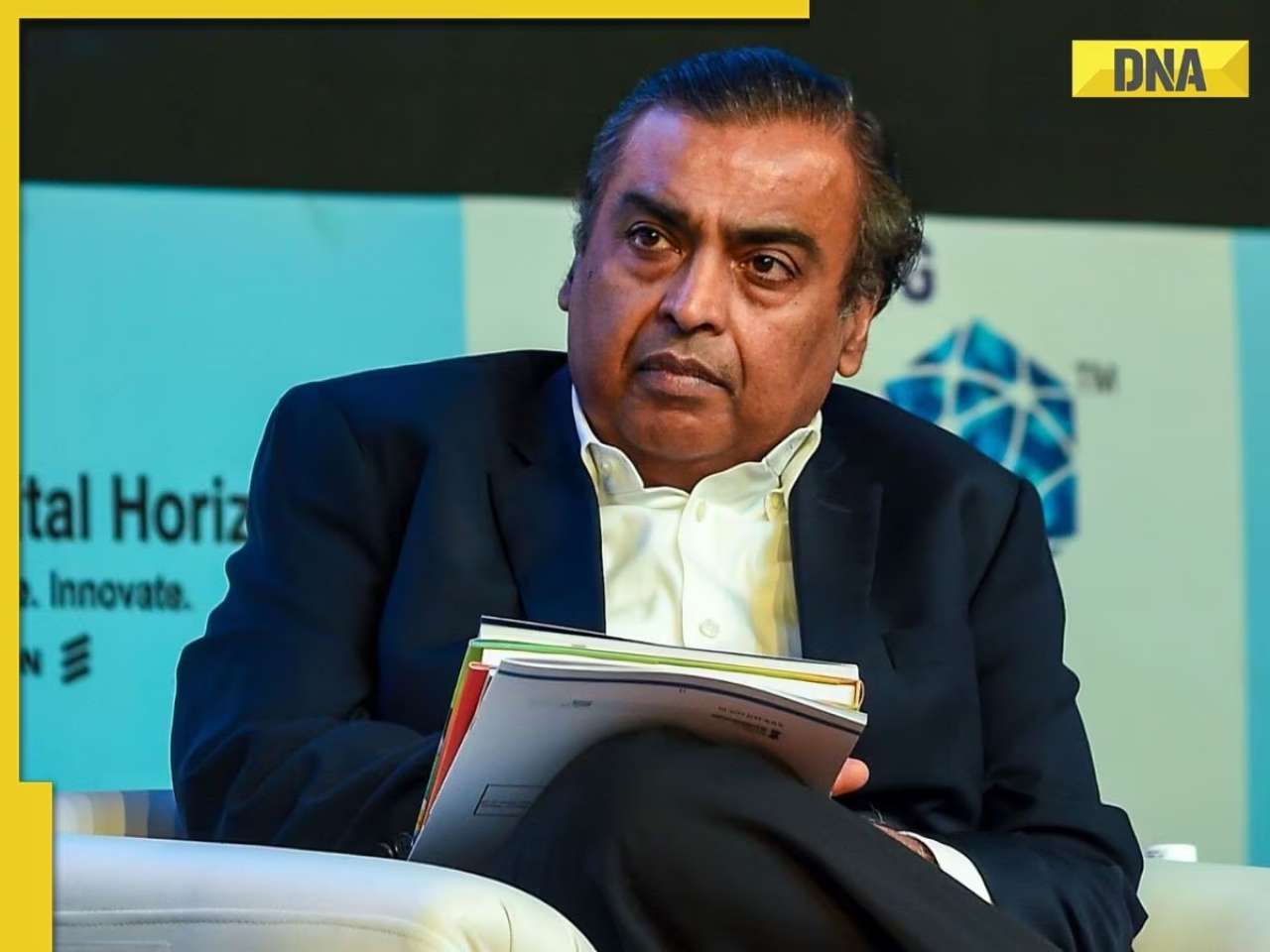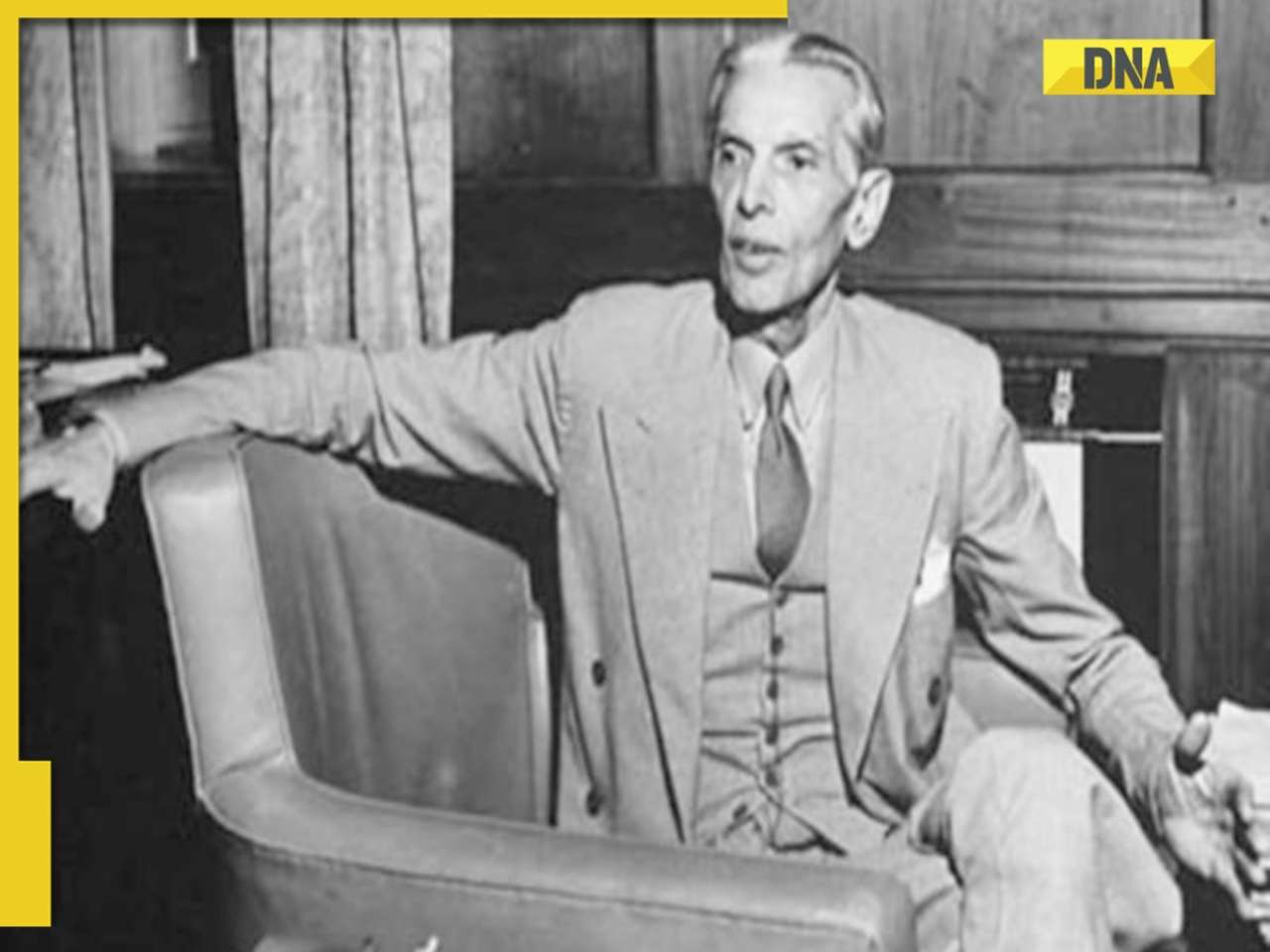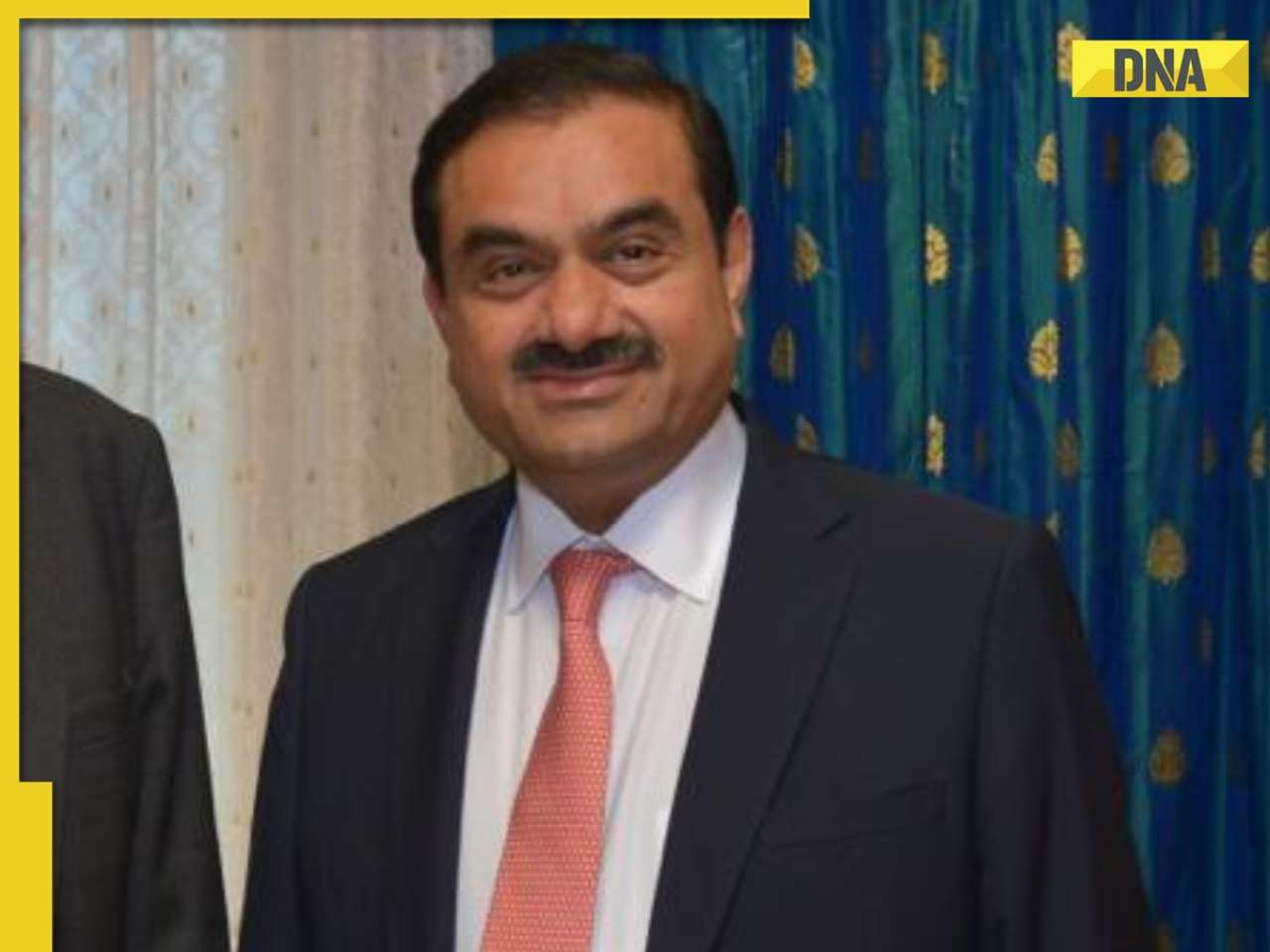In his recent YouTube video, Johnson revealed a major mistake in his anti-aging protocol, questioning the use of rapamycin after a Yale University study suggested it may actually accelerate biological aging.
Tech entrepreneur Bryan Johnson has been experimenting with an anti-ageing drug for five years. Inspired by a 2009 study that demonstrated immunodepressant rapamycin's ability to increase mice's lifespan by 14% and a 2023 human trial where 65% of participants, Johnson meticulously adjusted his dosage to optimise benefits and mitigate risks. However, instead of experiencing enhanced vitality, the tech entrepreneur started to notice a range of disturbing side effects.
Johnson's use of rapamycin, a medication initially developed for organ transplant patients but now popular in anti-aging communities, led to a range of adverse effects, including mouth ulcers, slowed wound healing, increased cholesterol levels, and blood sugar spikes. However, the most alarming issue for Johnson was a persistent increase in his resting heart rate, a key metric he relies on to gauge his recovery and sleep quality. These concerning physiological indicators prompted him to reassess the role of rapamycin in his anti-aging regimen.
In his recent YouTube video, Johnson revealed a major mistake in his anti-aging protocol, questioning the use of rapamycin after a Yale University study suggested it may actually accelerate biological aging. The study found 16 adverse effects on epigenetic markers, raising concerns about the drug's long-term use for longevity. This new evidence reinforced Johnson's growing doubts about rapamycin's effectiveness.
Johnson's enthusiasm for rapamycin was dealt a significant blow when new findings suggested it might be counterproductive to his health goals. With characteristic humility, he acknowledged the irony, joking "To those of you laughing at home, I'm laughing with you."
Despite abandoning rapamycin, Johnson framed the setback as a strategic adjustment rather than a defeat, emphasising the importance of sharing both successes and failures to drive progress. "This is not the end - this is a reset," he said, underscoring his commitment to adaptability and transparency in his pursuit of optimal health.
Find your daily dose of All
Latest News including
Sports News,
Entertainment News,
Lifestyle News, explainers & more. Stay updated, Stay informed-
Follow DNA on WhatsApp. Nushrratt Bharuccha talks about being replaced by Ananya Panday in Dream Girl 2: 'I would never...'
Nushrratt Bharuccha talks about being replaced by Ananya Panday in Dream Girl 2: 'I would never...' White House issues BIG statement on North Korea, says Donald Trump open for talks with Kim Jong Un to 'achieve fully de-nuclearised...'
White House issues BIG statement on North Korea, says Donald Trump open for talks with Kim Jong Un to 'achieve fully de-nuclearised...' Meet IPS officer, DU grad, who cracked UPSC exam in her third attempt, secured 992 out of 2025 marks with AIR..., now married to IAS...
Meet IPS officer, DU grad, who cracked UPSC exam in her third attempt, secured 992 out of 2025 marks with AIR..., now married to IAS... What is RM 70 Vampire MLRS? Used by Cambodia against Thailand, capable of firing 40 rockets in 20 secs, it is developed by...
What is RM 70 Vampire MLRS? Used by Cambodia against Thailand, capable of firing 40 rockets in 20 secs, it is developed by... Akshay Kumar breaks silence on Ahaan Panday and Aneet Padda's Saiyaara success: 'Vaise bhi ab main...'
Akshay Kumar breaks silence on Ahaan Panday and Aneet Padda's Saiyaara success: 'Vaise bhi ab main...' Other than heart attacks or BP : 7 hidden heart conditions triggered by oily foods
Other than heart attacks or BP : 7 hidden heart conditions triggered by oily foods 7 most captivating space images captured by NASA you need to see
7 most captivating space images captured by NASA you need to see AI-remagined famous Bollywood father-son duos will leave you in splits
AI-remagined famous Bollywood father-son duos will leave you in splits 7 superfoods that boost hair growth naturally
7 superfoods that boost hair growth naturally Confused between Forex and Credit cards for your international trip? Learn which saves more
Confused between Forex and Credit cards for your international trip? Learn which saves more Tata Harrier EV Review | Most Advanced Electric SUV from Tata?
Tata Harrier EV Review | Most Advanced Electric SUV from Tata? Vida VX2 Plus Electric Scooter Review: Range, Power & Real-World Ride Tested!
Vida VX2 Plus Electric Scooter Review: Range, Power & Real-World Ride Tested! MG M9 Electric Review | Luxury EV with Jet-Style Rear Seats! Pros & Cons
MG M9 Electric Review | Luxury EV with Jet-Style Rear Seats! Pros & Cons Iphone Fold: Apple’s iPhone Fold Could Solve Samsung’s Biggest Foldable Problem | Samsung Z Fold 7
Iphone Fold: Apple’s iPhone Fold Could Solve Samsung’s Biggest Foldable Problem | Samsung Z Fold 7 Trump News: Congress Seeks Answers On Trump's Alleged Mediation In Operation Sindoor
Trump News: Congress Seeks Answers On Trump's Alleged Mediation In Operation Sindoor This man becomes world's highest-earning billionaire in 2025, beats Elon Musk and Jeff Bezos, Mukesh Ambani is at...
This man becomes world's highest-earning billionaire in 2025, beats Elon Musk and Jeff Bezos, Mukesh Ambani is at... Meet man who built Rs 200,000,000 empire after two failed ventures, his business is..., net worth is Rs...
Meet man who built Rs 200,000,000 empire after two failed ventures, his business is..., net worth is Rs... Meet man, founder of app under govt lens, also owns Rs 1000000000 business, he is..., his educational qualification is...
Meet man, founder of app under govt lens, also owns Rs 1000000000 business, he is..., his educational qualification is... Jinnah wanted THIS Muslim man to be first Finance Minister of Pakistan, he refused, his son is on Forbes list of billionaires
Jinnah wanted THIS Muslim man to be first Finance Minister of Pakistan, he refused, his son is on Forbes list of billionaires After India-UK FTA, New Delhi to begin talks with THIS country, because...
After India-UK FTA, New Delhi to begin talks with THIS country, because... From Rohit Saraf to Ahaan Panday: 5 B-town heartthrobs who transformed their physiques
From Rohit Saraf to Ahaan Panday: 5 B-town heartthrobs who transformed their physiques From Sylvia Plath to Franz Kafka: 5 renowned authors who faced mental health struggles
From Sylvia Plath to Franz Kafka: 5 renowned authors who faced mental health struggles Raksha Bandhan 2025 Gifting Guide: 5 cool gadgets under Rs 5000 your sibling will love
Raksha Bandhan 2025 Gifting Guide: 5 cool gadgets under Rs 5000 your sibling will love Alia Bhatt opens up about her real postpartum weight loss journey, powered by self-care and pilates
Alia Bhatt opens up about her real postpartum weight loss journey, powered by self-care and pilates From Phir Hera Pheri to Lage Raho Munna Bhai: 5 Bollywood sequels that outshone the originals
From Phir Hera Pheri to Lage Raho Munna Bhai: 5 Bollywood sequels that outshone the originals Good news for Railway passengers! Indian Railways rolls out new ticket booking rules for...
Good news for Railway passengers! Indian Railways rolls out new ticket booking rules for... BIG Update on Noida's Jewar International Airport Expansion: 4600 families, 7 schools affected as government to acquire...
BIG Update on Noida's Jewar International Airport Expansion: 4600 families, 7 schools affected as government to acquire... Kargil War Diwas: What is Operation Safed Sagar? When India dominated Pakistan with its air power during Kargil War on May 26
Kargil War Diwas: What is Operation Safed Sagar? When India dominated Pakistan with its air power during Kargil War on May 26 Big Boost for Ghaziabad: DMRC plans 4 metro corridors, Gokulpuri-Hindon Airport link proposed
Big Boost for Ghaziabad: DMRC plans 4 metro corridors, Gokulpuri-Hindon Airport link proposed Maharashtra monsoon: IMD issues red alert in six districts, traffic chaos in Mumbai amid heavy rain; school, colleges shut in...
Maharashtra monsoon: IMD issues red alert in six districts, traffic chaos in Mumbai amid heavy rain; school, colleges shut in... Meet IPS officer, DU grad, who cracked UPSC exam in her third attempt, secured 992 out of 2025 marks with AIR..., now married to IAS...
Meet IPS officer, DU grad, who cracked UPSC exam in her third attempt, secured 992 out of 2025 marks with AIR..., now married to IAS... Meet woman, who studied MBBS, later cracked UPSC with AIR..., became popular IAS officer for these reasons, shares similarities with IAS Tina Dabi, she is from...
Meet woman, who studied MBBS, later cracked UPSC with AIR..., became popular IAS officer for these reasons, shares similarities with IAS Tina Dabi, she is from... Meet Nilufa Yasmine, who topped UGC NET June exam, failed twice before scoring a perfect 100, she is from...
Meet Nilufa Yasmine, who topped UGC NET June exam, failed twice before scoring a perfect 100, she is from... Meet woman, daughter of vegetable vendor who cracked UPSC, her mother mortgaged gold for her education, her AIR is…
Meet woman, daughter of vegetable vendor who cracked UPSC, her mother mortgaged gold for her education, her AIR is… Meet woman, who cracked IIT with full-time job, secured impressive AIR of...; now works at Bill Gates' Microsoft as...
Meet woman, who cracked IIT with full-time job, secured impressive AIR of...; now works at Bill Gates' Microsoft as... Maruti Suzuki's e Vitara set to debut electric market at Rs..., with range of over 500 km, to launch on...
Maruti Suzuki's e Vitara set to debut electric market at Rs..., with range of over 500 km, to launch on... This is world’s most expensive wood, cost of 1kg wood is more than gold, its name is..., is found in...
This is world’s most expensive wood, cost of 1kg wood is more than gold, its name is..., is found in... This luxury car is first choice of Indians, even left BMW, Jaguar, Audi behind in sales, it is...
This luxury car is first choice of Indians, even left BMW, Jaguar, Audi behind in sales, it is... Kia India unveils Carens Clavis: Check features, design changes, price and more; bookings open on...
Kia India unveils Carens Clavis: Check features, design changes, price and more; bookings open on... Tesla CEO Elon Musk launches most affordable Cybertruck, but it costs Rs 830000 more than older version, it is worth Rs...
Tesla CEO Elon Musk launches most affordable Cybertruck, but it costs Rs 830000 more than older version, it is worth Rs...







)
)
)
)
)
)
)
)
)
)
)
)
)
)
)
)











